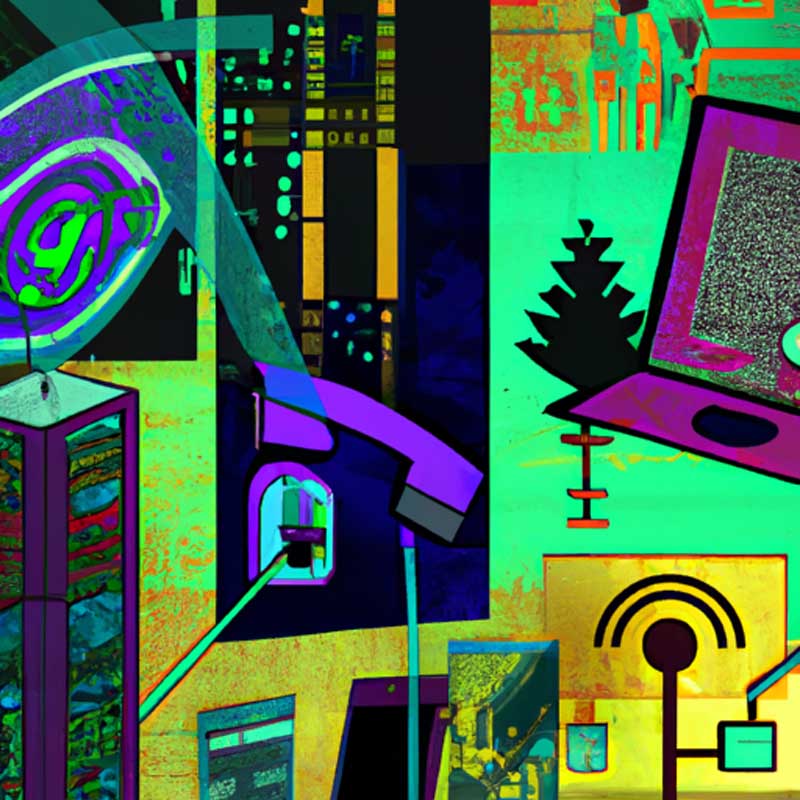- Artificial intelligence (AI) integration in the restaurant industry should align with the organization’s core values and not compromise the established culture among hourly employees.
- AI can enhance a restaurant’s unique culture by automating repetitive tasks and freeing up staff to focus on improving customer experiences, creating relationships, and solving complex problems.
- Embracing AI technology can act as a competitive advantage, attracting forward-thinking employees and customers.
Increasing reliance on technology in the restaurant industry brings the question of how AI integration can align with an organization’s core values and the established culture among hourly employees. A company needs to have well-established core values that can integrate AI into operations effectively and sustainably. It’s important to review these values in light of changing circumstances, such as the pandemic, ensuring they remain relevant and applicable.
AI should serve to automate repetitive tasks, analyze data, and increase efficiency, allowing employees more time to focus on team-related tasks and improving customer experiences. If prioritizing employees’ experiences is one of a company’s core values, using AI to automate tasks that require less human input can enhance their value and effectiveness. This transition broadens the range of responsibilities the workforce can tackle at greater speeds.
Integrating AI does not negate a restaurant’s unique culture but can enhance it. With menial tasks automated, employees have more time to establish human-to-human connections with fellow employees and customers, leading to better relationships. Therefore, a restaurant’s culture becomes more evident, allowing for improved customer interactions and elevated customer experiences.
Fears of job displacement due to AI and automation fail to consider how technology can actually enhance job roles. AI cannot replace humans’ unique ability to problem-solve with creativity, empathy, and emotion. Empowering employees to focus more on these high-value tasks can lead to improved efficiency, better customer experiences, and increased revenue.
By taking advantage of AI capabilities, restaurants can demonstrate their forward-thinking approach, attracting tech-savvy Millenials and Gen Z employees. This competitive edge also extends to attracting customers, leading to increased revenue.
To maintain a positive culture among hourly workers, it’s vital to integrate tech in a way that allows employees to show more value as thinking, caring individuals. The enhanced efficiency that AI offers should free up more time for employees to foster team connections, leading to genuinely engaged “work families.”
Investing in AI can improve business productivity efficiently, but remember to integrate technology in a way that retains the human component of the culture. The human element is the foundation of a company’s brand and reputation, making it an essential consideration when integrating AI.
